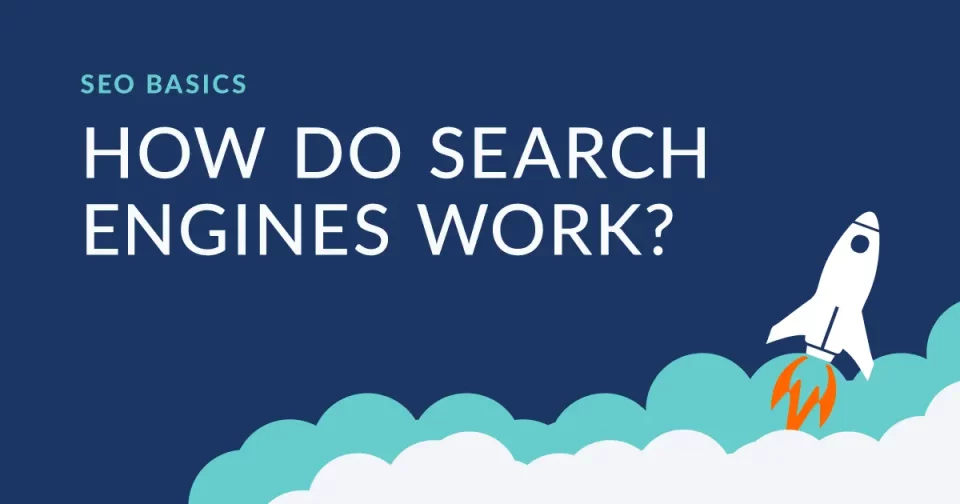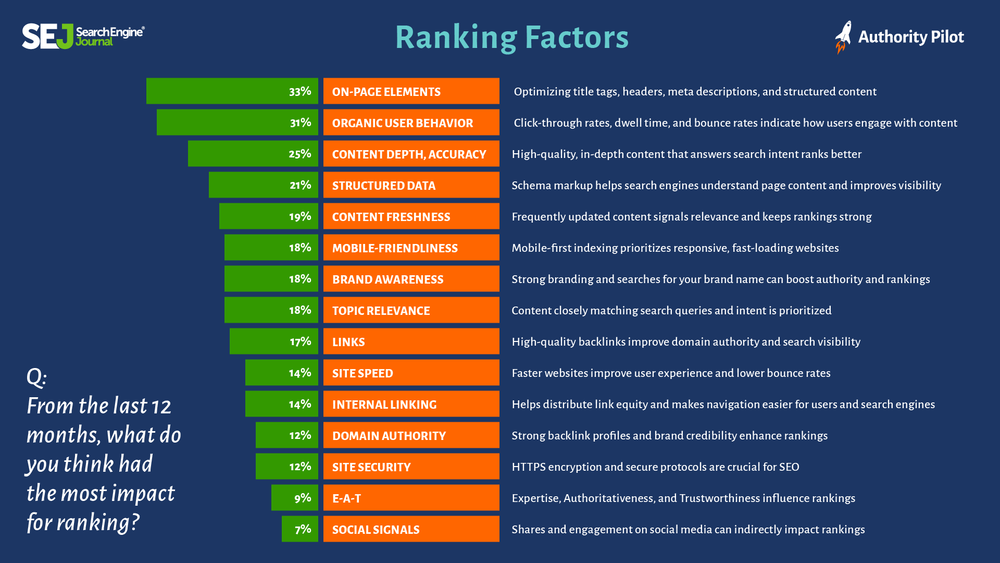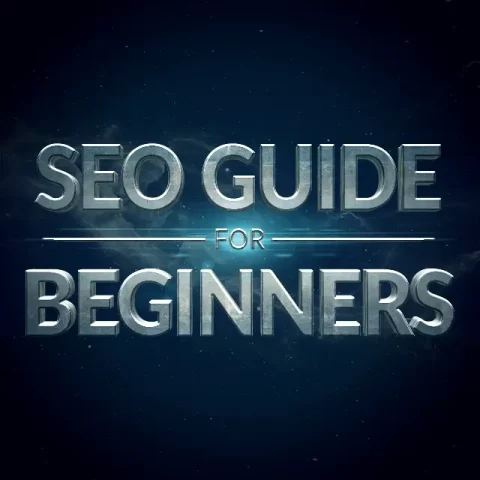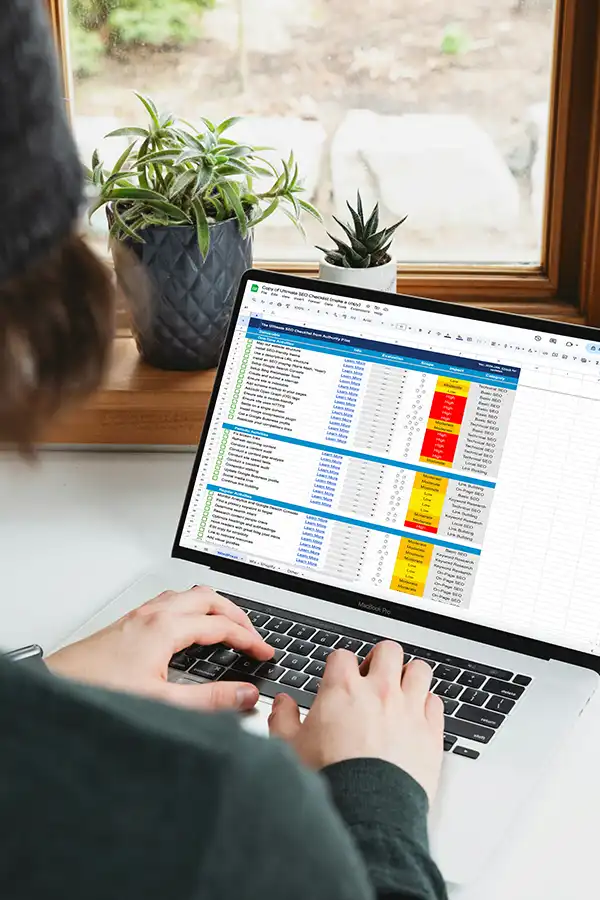
Search engines have revolutionized the way we find information on the internet. Whether you’re looking for the latest news, researching a topic, or seeking products and services, search engines are the gatekeepers that connect us to the vast sea of online content. But have you ever wondered how do search engines work? In this article, we will explore the fascinating world of search engines and delve into the inner workings of these powerful tools that have become an integral part of our online experience.
What is a SERP?
Understanding the concept of a SERP is essential before delving into the inner workings of search engines. In simple terms, a SERP refers to the Search Engine Results Page, which displays results after entering a query on Google. The higher your website’s ranking on the SERP, the greater the likelihood of receiving clicks, especially on the first page.
The first organic result in Google Search has an average click-through rate of 28.5%. Ranking within the top 5 results significantly impacts the number of visitors to your website. To enhance your SEO and grasp the functioning of Google SERP, we have prepared a comprehensive guide on how search engines operate.
How Do Search Engines Work?
Search engines are complex software systems designed to retrieve and organize information from the internet. They employ sophisticated algorithms to analyze billions of web pages and present the most relevant results to users’ queries. At their core, search engines perform three primary functions: crawling, indexing, and ranking.

Crawling and Indexing
Crawling and indexing are two fundamental SEO basics that help search engines to discover and organize online information.
Crawling is an automated process to search via a massive amount of content available on the web, page by page, to collect and analyze data. Specialized software programs called crawlers or spiders systematically navigate through the interconnected web, following links and collecting data. These crawlers index the content they find, creating a searchable database known as the search engine’s index.
Search engines index the data after collecting it and ensure it is organized and searchable. Ultimately, indexing helps users get expected results based on their search queries.
The crawling and indexing processes enable search engines to provide users with accurate information from vast amounts of digital data.
Ranking Factors, Algorithms & Updates
Search engines identify various ranking factors, including the credibility and authority of the website, the quality and relevancy of the content, and the number and quality of links pointing to the page. Search engines use algorithms to inspect websites to identify relevancy and ranking against a specific search query. These algorithms tend to be updated frequently to ensure the accuracy, applicability, and usefulness of search results for users. However, Google releases regular updates to its search algorithm, which are used to determine how to rank websites in search results. These updates are designed to improve the user experience by providing more relevant and high-quality search results.
Search engines’ algorithms and ranking factors use updated algorithms to provide everyone with the best search experience and appropriate results. However, everyone running a business must consider these ranking factors carefully in order to climb to the top of the search rankings.
Anyone aiming to boost their online footprint or ranking benefits from understanding how algorithms work and stay on top of updates.

How To Increase the Chances of Getting Crawled?
If you want to improve the chances of your website getting crawled by search engine bots, there are several strategies you can implement. Here are some key steps to consider:
- Create High-Quality Content. Producing valuable and unique content is crucial. Search engines prioritize fresh and informative content, making it more likely for your website to be crawled and indexed.
- Optimize Your Website’s Structure. Ensure that your website has a clear and logical structure. Organize your content into relevant categories, use descriptive URLs, and create an XML sitemap. These practices make it easier for search engine bots to navigate and crawl your site.
- Improve Website Loading Speed. Slow-loading websites can negatively impact crawling and indexing. Optimize your website’s performance by compressing images, minifying code, and leveraging caching techniques. This enhances the user experience and increases the likelihood of search engine bots crawling your pages.
- Build Quality Backlinks. Acquiring high-quality backlinks from reputable websites can increase your site’s visibility and attract search engine bots. Engage in link outreach efforts, guest posting, and content promotion to earn relevant and authoritative backlinks.
- Use Internal Linking. Implement internal linking within your website to create a network of interconnected pages. This helps search engine bots discover and crawl additional pages, improving overall visibility.
- Submit Your Sitemap. Submitting your XML sitemap directly to search engines, such as Google Search Console, can expedite the crawling process. This ensures that search engine bots are aware of all your website’s pages and can crawl them more efficiently.
- Promote Your Website. Actively promoting your website through social media, content marketing, and online communities can increase its visibility. This can attract more visitors, which, in turn, signals to search engines that your site is valuable and should be crawled more frequently.
By implementing these strategies, you can enhance your website’s chances of getting crawled by search engine bots. Regularly monitor your site’s performance, make necessary improvements, and stay updated with best practices in SEO to maximize your crawling potential.
Influencing Search Engines
When it comes to search engine rankings, various factors come into play. Elements like relevance, quality, and popularity all influence how search engines determine the position of a website in their search results. How can you set yourself up for success? Certainly keywords, but also paying attention to on-page optimization, off-page optimization activities such link building, Technical SEO and mobile performance factors. We cover these in greater detail in our SEO Basics article that includes 7 Key Factors that Influence Search Engine Rankings.
Let’s examine a few other considerations:
Local SEO
For businesses targeting local customers, local SEO is crucial. Search engines have algorithms specifically designed to provide localized results based on the user’s location. Optimizing for local SEO involves creating and optimizing Google Business Profile listings, acquiring online reviews, and ensuring accurate and consistent business listings and citations across various online directories.
User Experience
Search engines place a high value on user experience and aim to deliver the best possible results. Factors such as page load speed, mobile-friendliness, intuitive navigation, and informative content all contribute to a positive user experience. Websites that prioritize user experience are more likely to rank higher in search results.
Search Engine Updates
Search engines continuously update their algorithms to improve search results and combat manipulative practices. Major updates, such as Google’s Panda, Penguin, and Hummingbird, have had significant impacts on search engine rankings. Staying informed about these updates and adapting SEO strategies accordingly is crucial for maintaining search visibility.
Voice Search
With the rise of voice assistants and smart speakers, voice search has gained prominence. Voice search queries are typically longer and more conversational in nature. Optimizing for voice search involves using natural language, structured data markup, and providing concise, direct answers to commonly asked questions.
Search Engine Advertising
Search engines also offer advertising platforms, such as Google Ads, that allow businesses to display targeted ads alongside search results. These ads appear based on specific keywords and bid amounts. Search engine advertising can be a powerful tool for businesses to increase visibility, reach their target audience, and drive traffic to their websites.
Ethical Considerations
As search engines have a tremendous impact on the visibility and success of websites, ethical considerations come into play. Practices such as keyword stuffing, link spamming, and content scraping are frowned upon and can result in penalties or even removal from search engine indexes. Ethical SEO involves providing valuable content, following search engine guidelines, and prioritizing user experience.
Conclusion
In conclusion, search engines have evolved into highly sophisticated systems that connect users with the information they seek. Answering the question how do search engines work is a core concept for businesses and website owners aiming to improve their online visibility. By implementing effective SEO strategies, optimizing user experience, and staying informed about search engine updates, one can harness the power of search engines to drive organic traffic and achieve online success.















